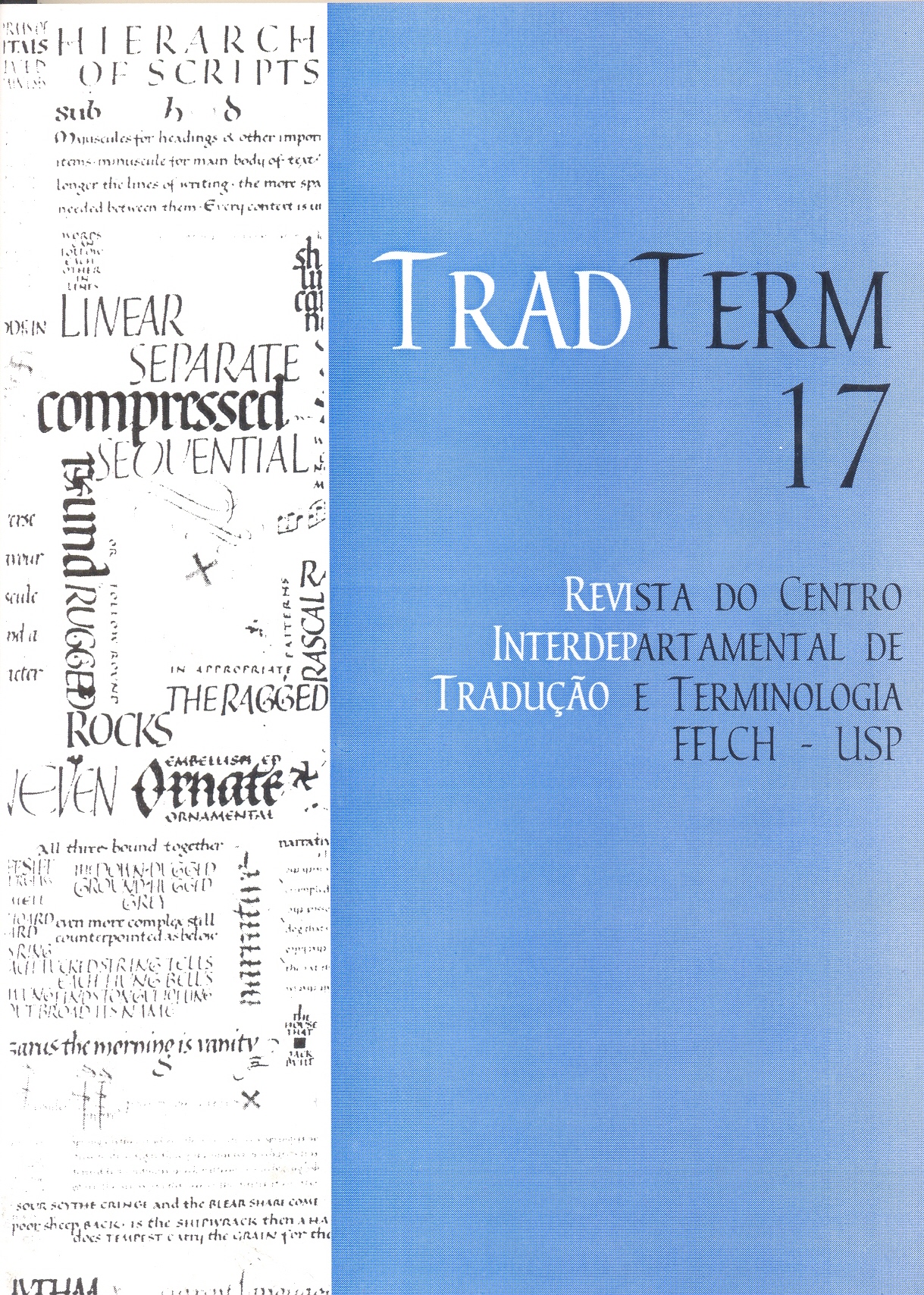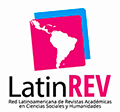Patrono da amizade: as traduções de obras brasileiras da Alfred A. Knopf em meados do século XX
DOI:
https://doi.org/10.11606/issn.2317-9511.tradterm.2010.40285Keywords:
Translation, politics, diplomacy, Pan- Americanism, racial democracy.Abstract
The 1940s and 1960s were important years for the history of Brazilian literature translated into English. The number of translations from Portuguese into English grew, and interest in translations from Brazil also increased. In the 1940s, the world witnessed the tragic consequences of the Second War. The United States and Brazil carried out business together, but Vargas only stated his support for the USA in 1942. Diplomatic projects created at the time included translation programs for Latin American works, which indirectly led to the dissemination of Gilberto Freyre’s ideas of “racial democracy”. In the 1960s, the visibility created by the Cuban Revolution led to new translation programs for Latin America, which resulted in Jorge Amado becoming a bestselling author in the US. This article shows the role of the publisher Alfred A. Knopf as an informal “ambassador” in the process described above.Downloads
Download data is not yet available.
Downloads
Published
2010-12-22
Issue
Section
Articles
License
Autores que publicam nesta revista concordam com os seguintes termos:
- Autores mantém os direitos autorais e concedem à revista o direito de primeira publicação, com o trabalho simultaneamente licenciado sob a Licença Creative Commons Attribution BY-NC-SA que permite o compartilhamento do trabalho com reconhecimento da autoria e publicação inicial nesta revista.
- Autores têm autorização para assumir contratos adicionais separadamente, para distribuição não-exclusiva da versão do trabalho publicada nesta revista (ex.: publicar em repositório institucional ou como capítulo de livro), com reconhecimento de autoria e publicação inicial nesta revista.
- Autores têm permissão e são estimulados a publicar e distribuir seu trabalho online (ex.: em repositórios institucionais ou na sua página pessoal) a qualquer ponto antes ou durante o processo editorial, já que isso pode gerar alterações produtivas, bem como aumentar o impacto e a citação do trabalho publicado (Veja O Efeito do Acesso Livre).
How to Cite
Tooge, M. D. B. (2010). Patrono da amizade: as traduções de obras brasileiras da Alfred A. Knopf em meados do século XX. TradTerm, 17, 101-126. https://doi.org/10.11606/issn.2317-9511.tradterm.2010.40285








